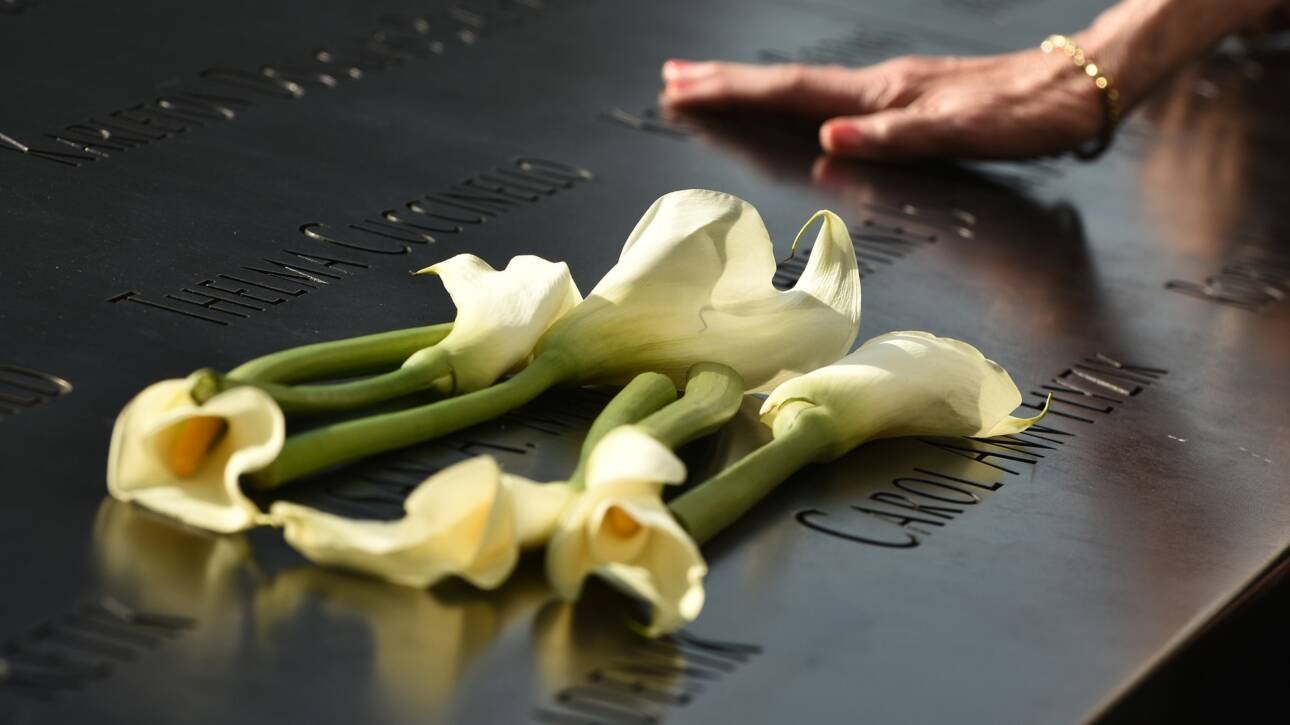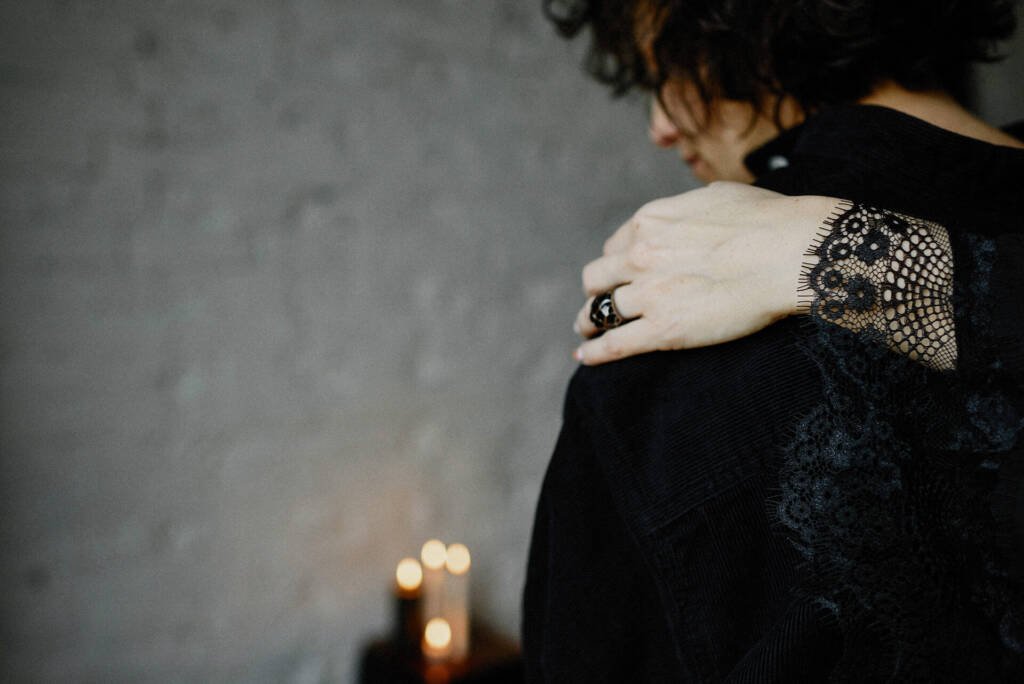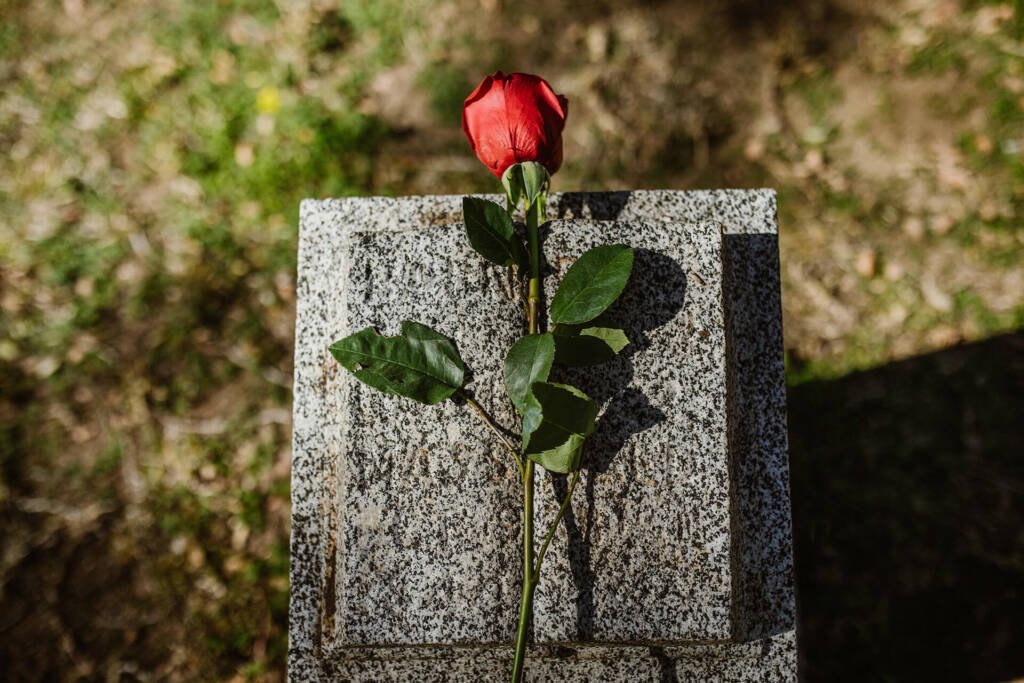F
unerals are among the most universal human experiences, yet how we say goodbye to loved ones differs widely across the world. Cultural and religious traditions play a central role in shaping funeral practices—guiding rituals, symbols, and ceremonies that bring meaning to the grieving process.
At Graceful Departures, we recognize that honoring a life also means respecting the cultural and spiritual values of the departed. In this article, we’ll explore funeral traditions from different faiths and cultures, highlighting both their uniqueness and shared humanity.
Why Cultural Respect Matters in Farewells
Funerals are not only about mourning loss; they are also about affirming values, heritage, and beliefs. Respecting cultural traditions during this time:
-
Provides comfort and a sense of belonging to grieving families.
-
Preserves the identity and legacy of the deceased.
-
Builds bridges of understanding among diverse communities.
When families honor customs in their ceremonies, they create space for both healing and cultural continuity.
African Traditional Practices
Across Africa, funeral traditions vary greatly from region to region but are often rooted in deep respect for ancestors and community.
-
Extended gatherings – Funerals may last several days, with music, dance, and storytelling to celebrate the person’s life.
-
Rites of passage – The deceased is often seen as transitioning into the ancestral world. Rituals ensure their safe passage.
-
Symbolic items – Personal belongings, food, or gifts may be buried with the person to support them in the afterlife.
For many African communities, funerals are not just private events but collective moments where the entire community participates in mourning and remembrance.
Christian Funeral Traditions
Christian funerals emphasize hope in eternal life and the comfort of faith.
Services – Typically held in a church, chapel, or funeral home, with prayers, scripture readings, and hymns.
Rites – The service often includes eulogies, a homily, and Holy Communion in some denominations.
Burial – Many Christian communities prefer burial, accompanied by blessings and prayers at the graveside.
These ceremonies focus on both honoring the life of the deceased and providing comfort to the living through faith in resurrection.
Islamic Funeral Practices
In Islam, funerals are guided by simplicity, humility, and quick action.
Body preparation – The body is washed (ghusl) and shrouded (kafan) in plain white cloth.
Prayers (Salat al-Janazah) – A special funeral prayer is offered in congregation.
Burial – The deceased is buried as soon as possible, facing Mecca, without a coffin in many traditions.
Community role – Family and community members gather to support the bereaved, often with prayers and meals.
The emphasis is on humility before God and preparing the soul for the afterlife.
Hindu Funeral Traditions
Hinduism views death as a transition of the soul (atman) into its next life.
Cremation – The body is typically cremated within 24 hours, symbolizing the release of the soul.
Ceremonies – Family members may chant mantras and perform rituals to guide the soul’s journey.
Ash immersion – Ashes are often scattered in a sacred river, such as the Ganges, to aid spiritual liberation (moksha).
Mourning period – Families observe rituals and prayers for up to 13 days after the funeral.
Hindu funerals focus on the cycle of rebirth and the soul’s progression toward ultimate liberation.
Other Cultural Practices
Beyond the major world religions, many cultures have distinct and beautiful traditions:
-
Buddhist funerals – Chanting, meditation, and offerings are made to support the deceased’s journey to enlightenment.
-
Jewish funerals – Simple burials, wooden coffins, and a mourning period called Shiva highlight humility and community support.
-
Indigenous traditions – Native communities often blend spiritual rituals with nature-centered ceremonies, emphasizing harmony between life and death.
Each culture reflects its beliefs about life, death, and the afterlife, offering rich diversity in how humanity grieves and remembers.
Balancing Tradition with Modern
Funeral Planning
Today, many families face the challenge of honoring traditional customs while adapting to modern realities. Factors such as distance, cost, and digital communication have changed how funerals are conducted. Some families:
-
Host hybrid services with livestreams for distant relatives.
-
Combine traditional rites with modern tributes like video montages.
-
Choose sustainable or simplified options while keeping core rituals intact.
The key is finding balance—preserving meaningful traditions while ensuring accessibility for all who wish to participate.
How Graceful Departures Respects Cultural Diversity
At Graceful Departures, we understand that every family has unique cultural and religious needs. Our role is to support you by:
-
Providing culturally appropriate planning options.
-
Offering products and services aligned with your traditions.
-
Supporting both physical and digital ceremonies to connect communities worldwide.
-
Ensuring that customs are respected with dignity and compassion.
We believe that respecting cultural diversity is not only about tradition—it’s about honoring the individuality of every life lived.
-

Conclusion: Honoring Loved Ones Through Understanding
Funeral traditions across cultures may differ in rituals, symbols, and beliefs, but at their heart, they share a universal purpose: to honor, remember, and guide the departed with dignity.
By respecting cultural and religious practices, families create a meaningful farewell that reflects both personal values and shared heritage.
At Graceful Departures, we are here to help families plan funerals that are not only practical but also deeply respectful of tradition, faith, and culture.




